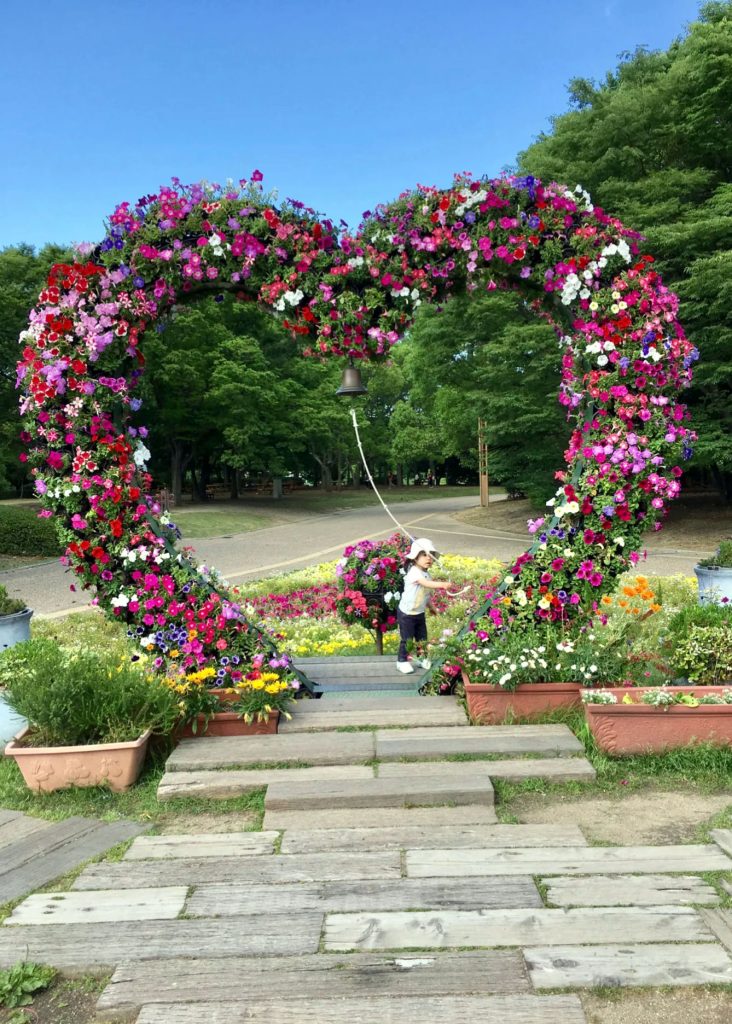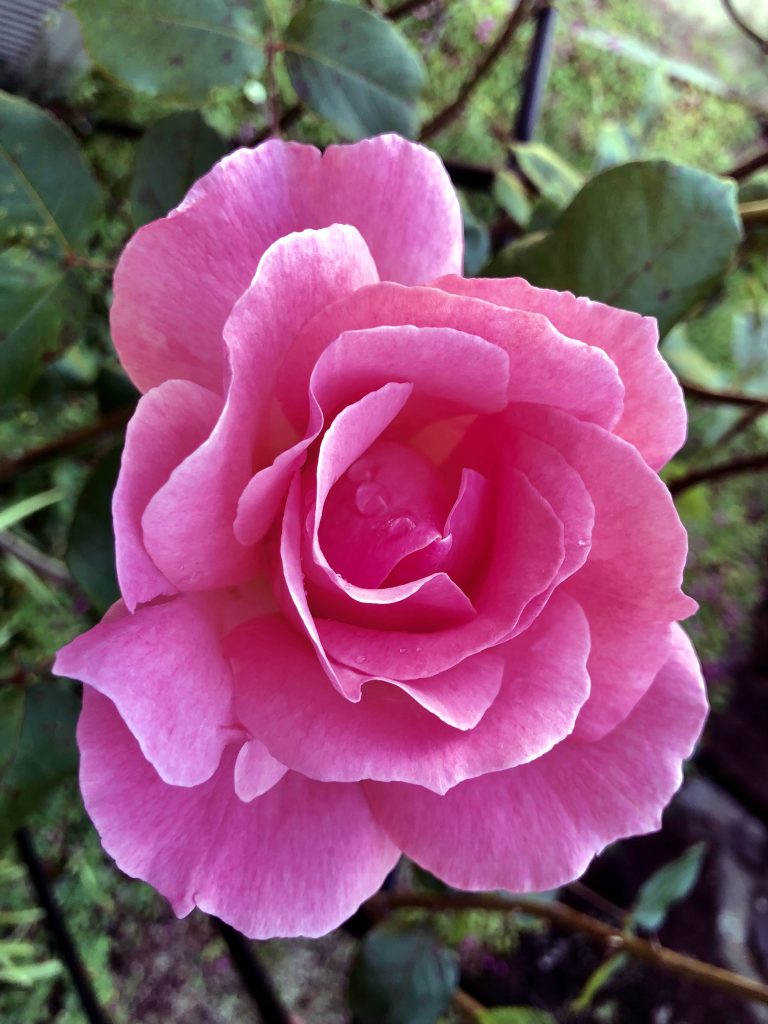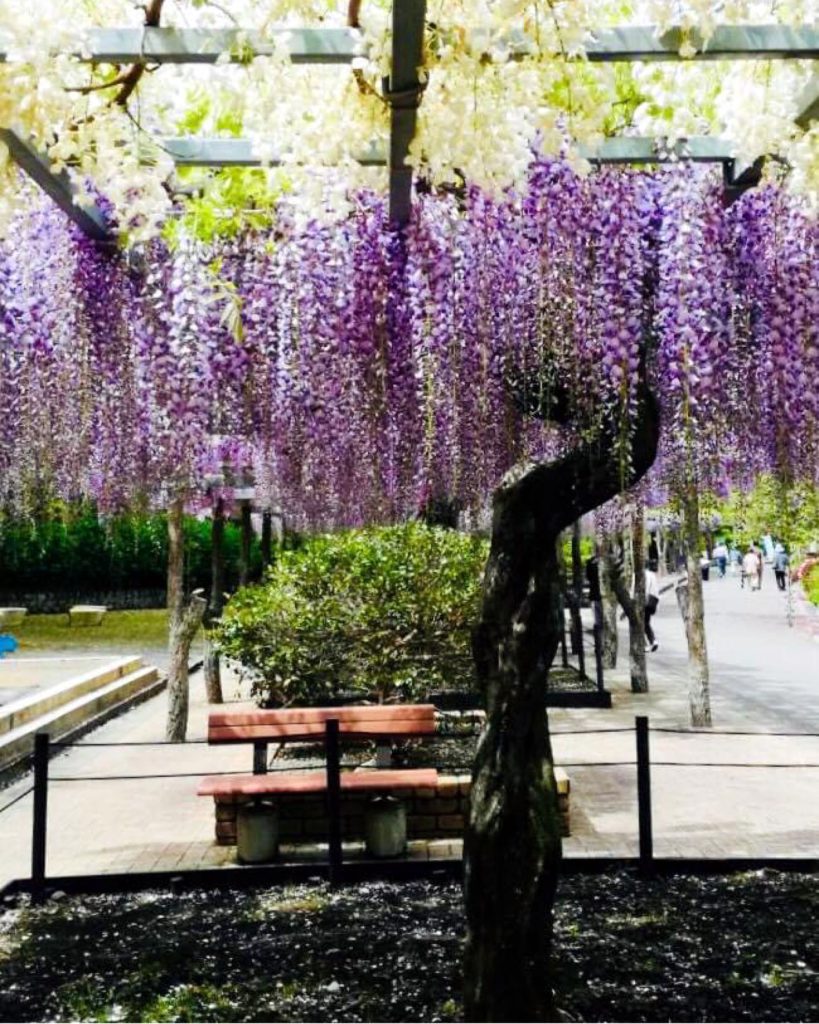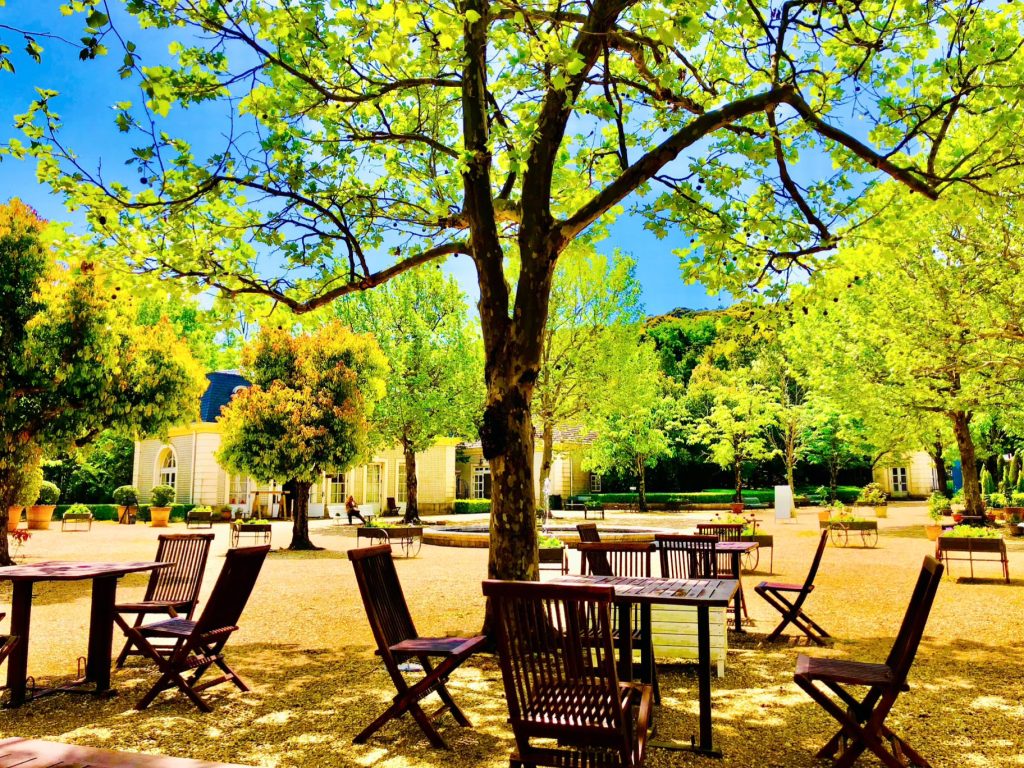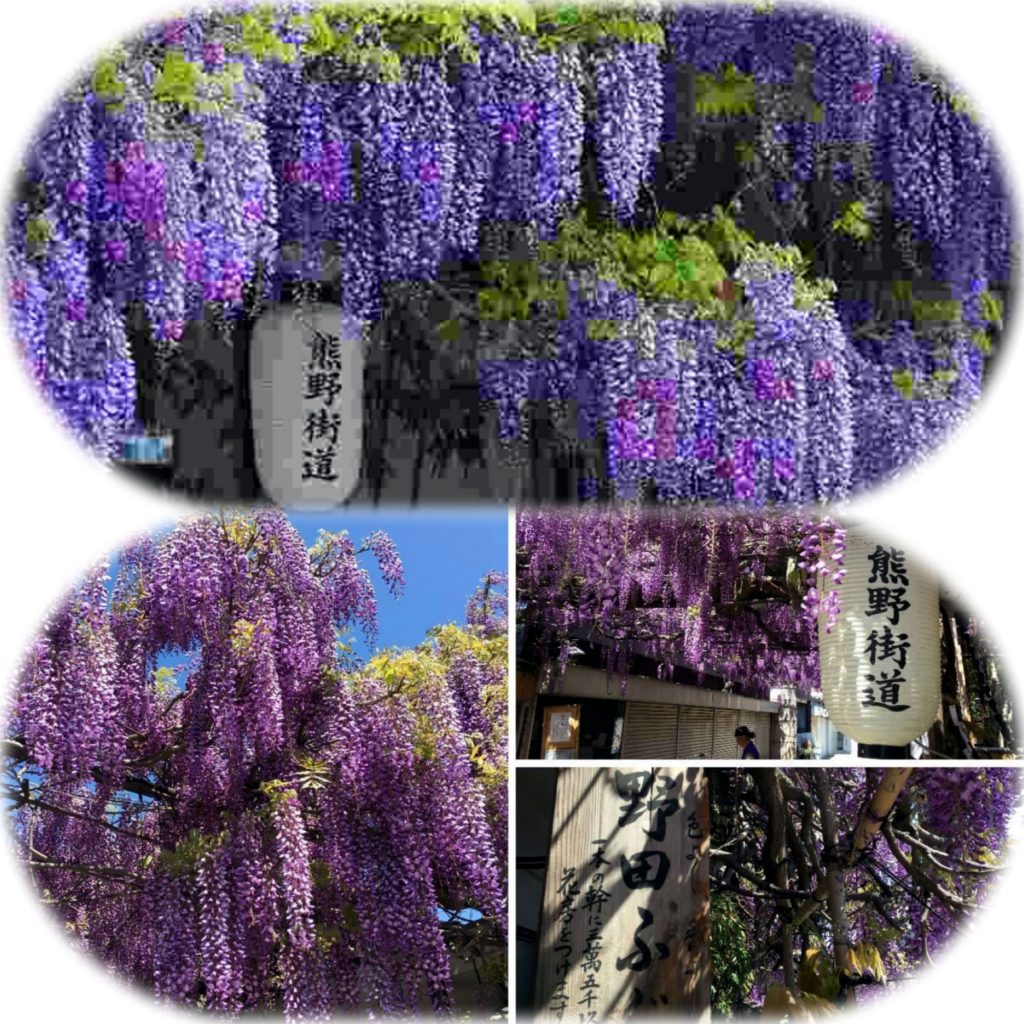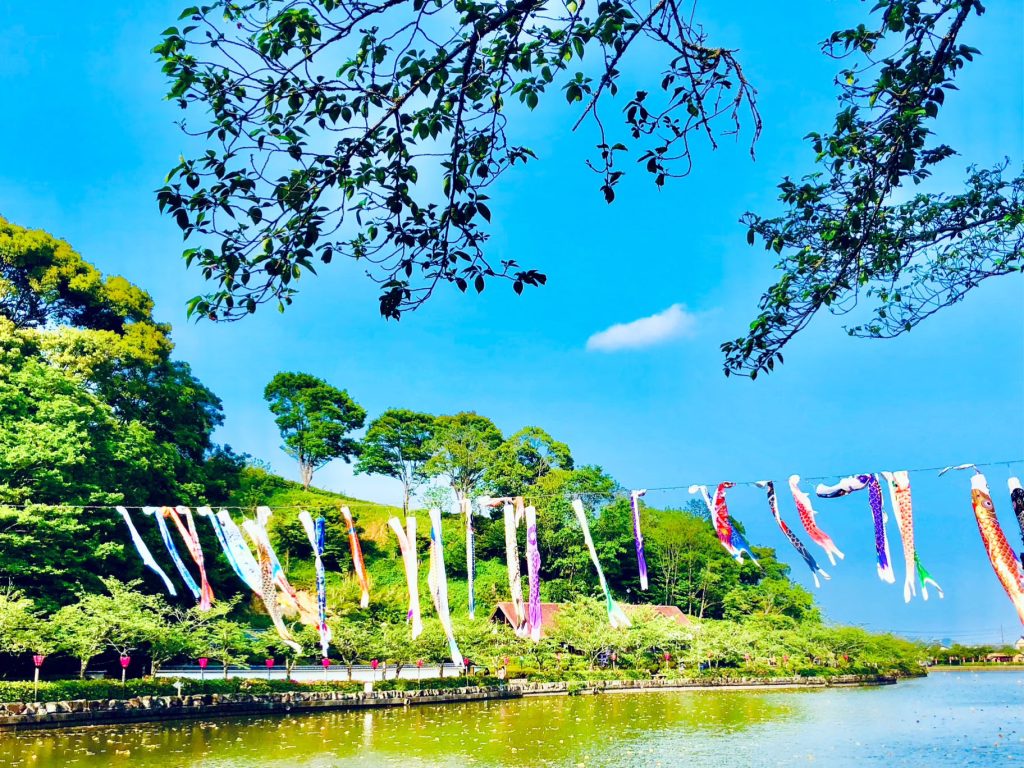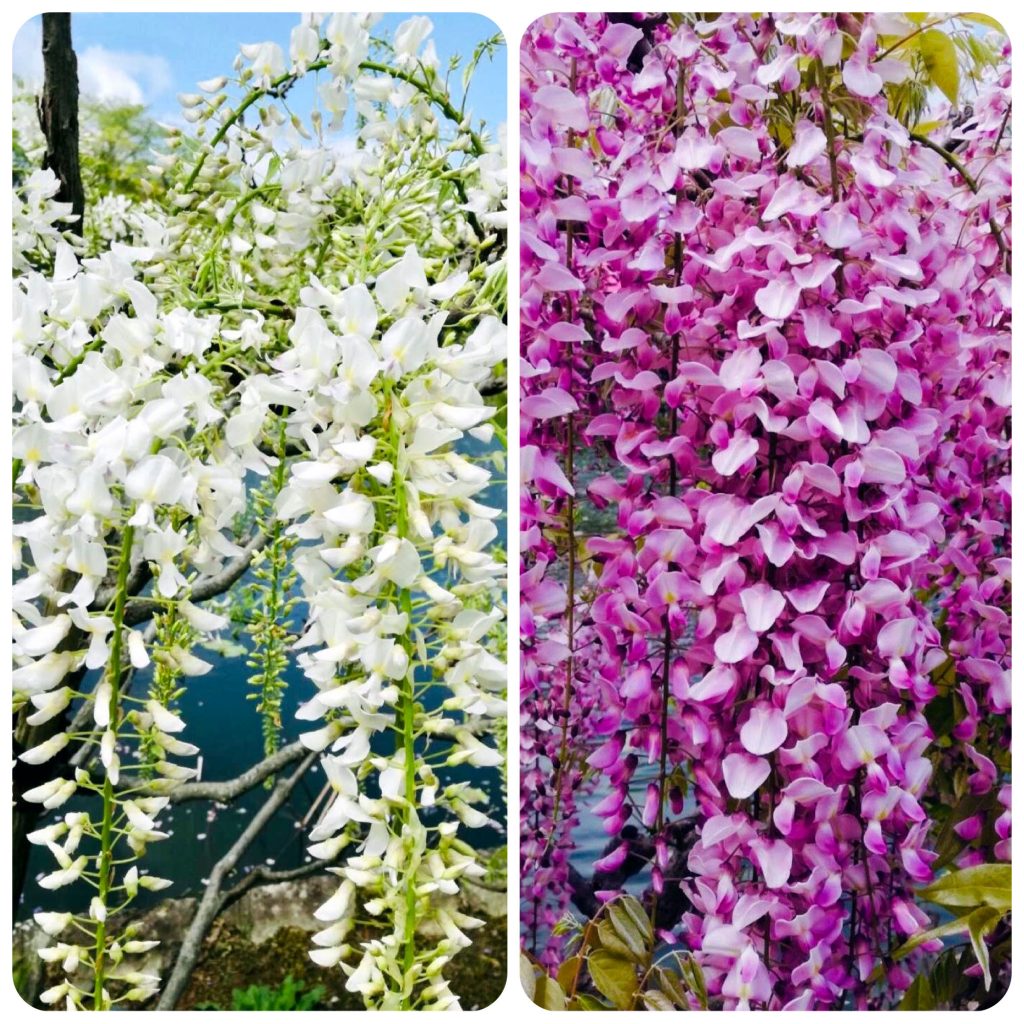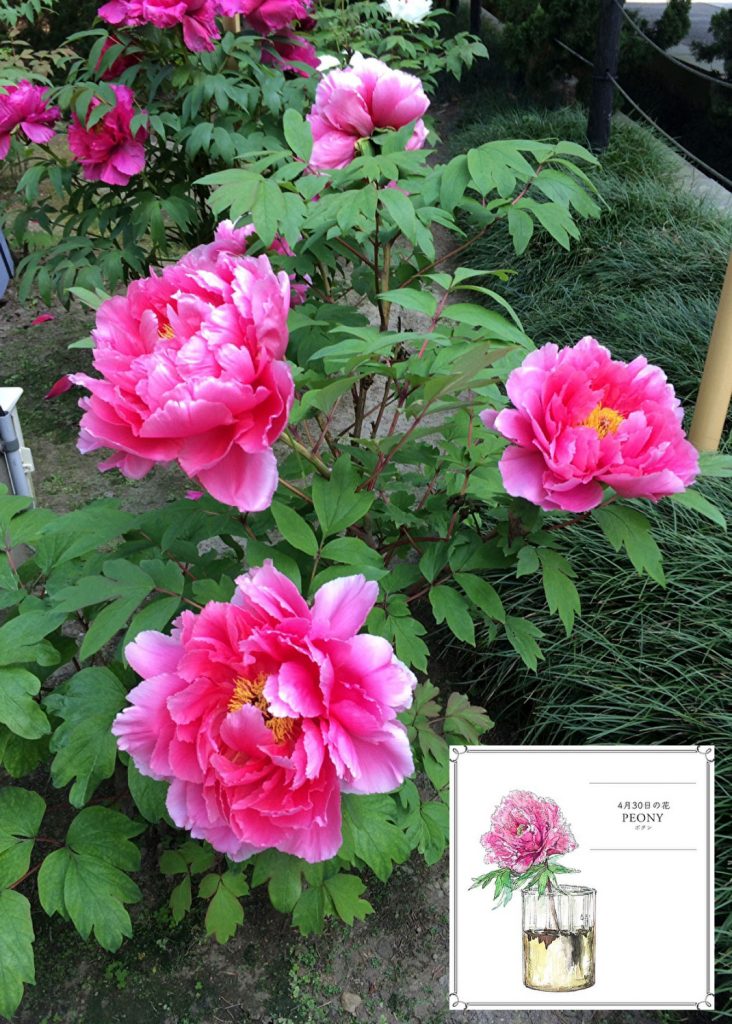
Today is Botan Day on the flower calendar. Botan has long been revered as a noble flower and referred to as the “king of flowers” or the “flower of royalty.” Botan was originally brought to Japan from China during the Nara period as a medicinal plant, but there is also a theory that they were brought back by the Buddhist monk Kukai. After that, they were improved through breeding in Japan and became popular among the nobility during the late Heian period, and were eventually cultivated in temples throughout the country. During the Edo period, they spread among the general population, and most of the botan varieties we see today were improved during this time. There are many famous botan spots throughout Japan, but in Kansai, the botan at Hasedera Temple, which has a history of a thousand years, is particularly famous. Botan is synonymous with Hasedera Temple, and the 150 varieties and 7,000 botan plants blooming throughout the temple grounds delight visitors.
今日は花カレンダーで牡丹の日です。牡丹は昔から高貴な花として重用され「百花王」とか「花王」と言われてきました。牡丹は、もともとは薬用として中国から奈良時代に渡来したとされますが、弘法大師空海が持ち帰ったという説もあります。その後日本で品種改良が加えられ、平安貴族の間にも流行し、平安時代の後期には各地の寺院でも栽培されるようになりました。江戸時代には一般庶民の間にも広がり、今の牡丹はそのほとんどがこの時に改良された品種です。日本各地に牡丹の名所は沢山ありますが、関西では、千年来の歴史がある長谷寺の牡丹が有名です。長谷寺といえば牡丹、牡丹といえば長谷寺と言われるほどです。境内の随所に150種、7000株のぼたんが咲き誇り、参拝者の目を楽しませてくれます。

